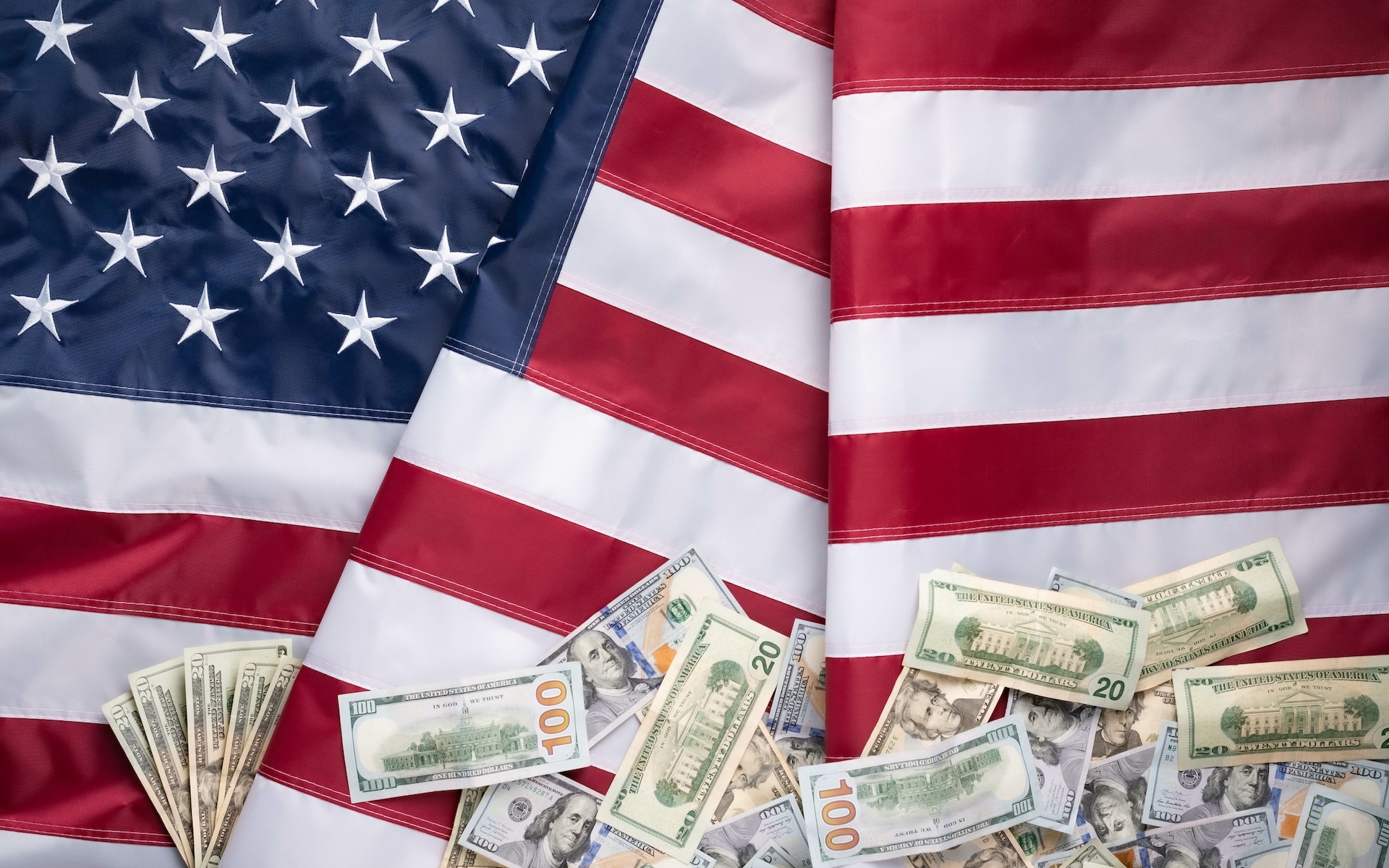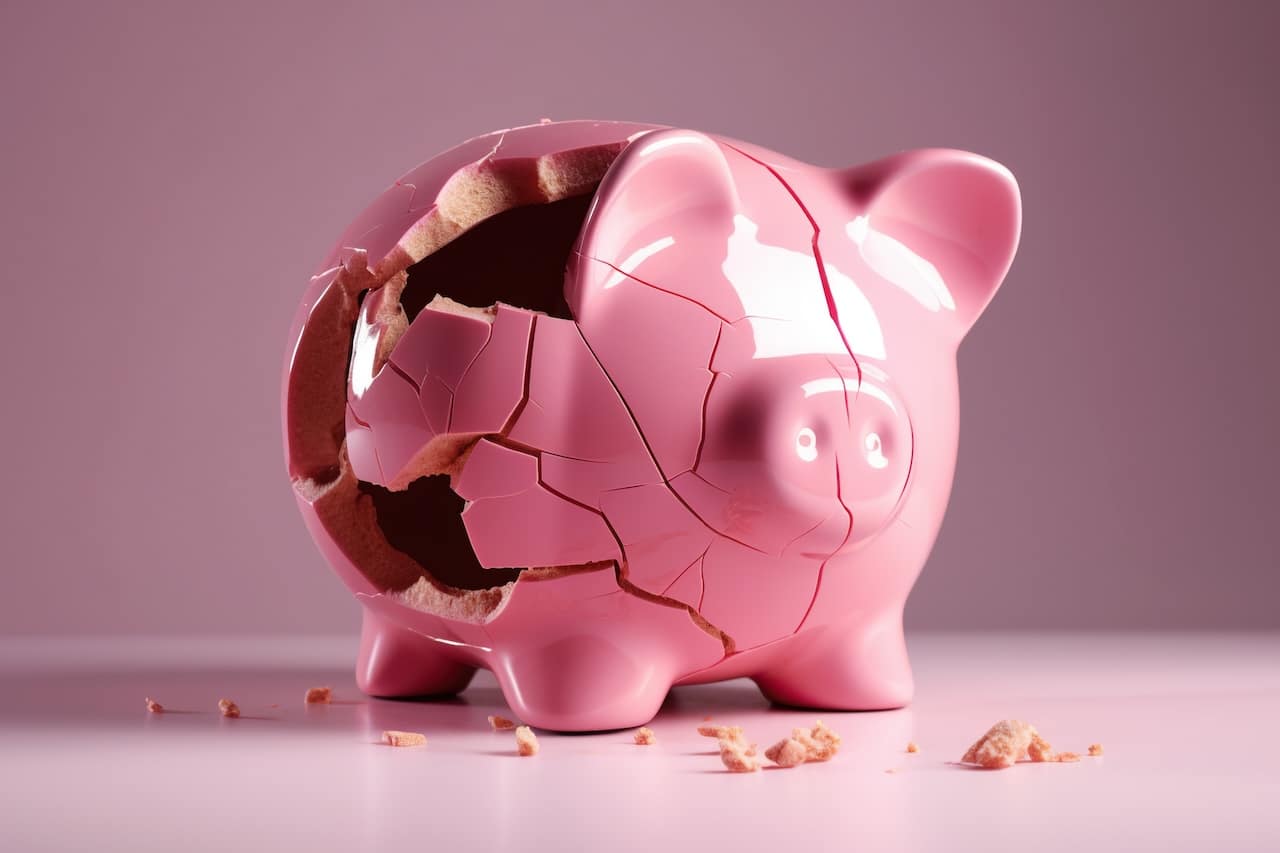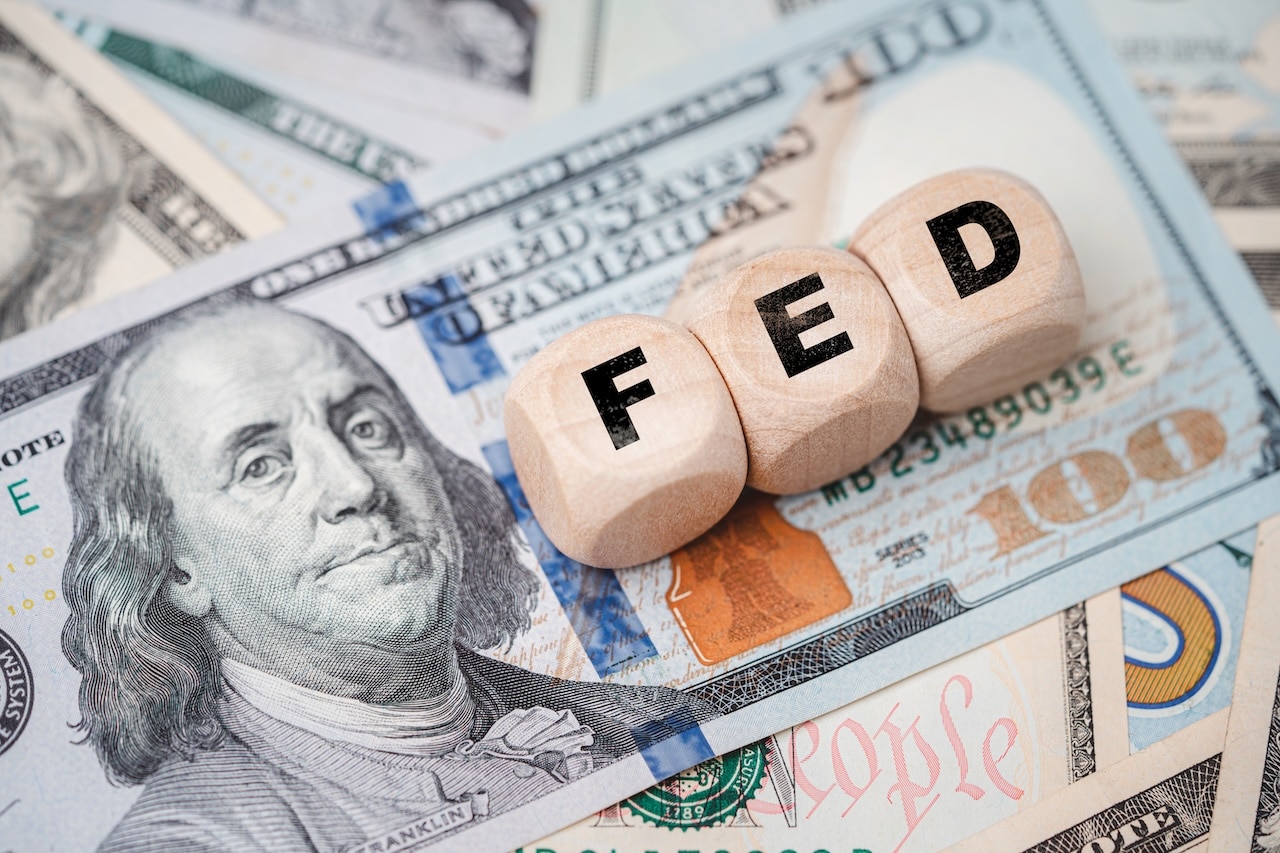Credit Sesame discusses whether consumer understanding of the U.S. economy is wrong and how this may impact financial behavior negatively.
The latest Survey of Consumer Expectations from the Federal Reserve Bank of New York found growing pessimism among consumers around their ability to pay their bills. This echoes a general perception that the economy is deteriorating. What if this perception is wrong? What if the economy is, in fact, improving? A negative perception of the economy when it is actually improving could cause people to make financial decisions that will prove to be harmful.
Consumers expect the struggle to pay bills to get worse
The percentage of credit card debt that is seriously overdue has risen for four straight quarters and has now reached a level last seen in early 2012.
Based on consumer expectations, this may get even worse. In August 2024, the Survey of Consumer Expectations found that the probability of consumers missing a debt payment rose by a full percentage point in July 2024 to 13.3%. That’s its highest level since April 2020.
This pessimism echoes the outlook found in an earlier survey. A Pew Research Center poll found that under a quarter (23%) of respondents rate the economy’s health as excellent or good. That percentage has declined since the start of 2024.
The odd thing about consumers’ difficulties today is that they mirror behaviors from when the economy was a lot worse off.
For example, the last time credit card delinquency rates were this high, the economy was still recovering from the Great Recession. Unemployment had peaked at 10% and was still above 8% in early 2012. That left many more people out of work than today’s 4.3% unemployment rate.
Similarly, the last time so many consumers expected to miss a debt payment, the pandemic shut down the economy. The initial shock of the pandemic caused unemployment to peak at 14.8% in April 2020.
The economy is generally in decent shape now
In contrast to times when high unemployment has caused widespread consumer distress, things have been pretty good in recent years.
Gross Domestic Product has been growing for eight straight quarters. At 4.3%, the unemployment rate is below the 50-year average of 6.2%. While inflation was a legitimate problem when it peaked at 9% a couple of years ago, it has since subsided to 2.9% over the past 12 months.
In other words, even though some households struggle, things could be much worse. That is a sobering thought for people having trouble making ends meet now.
How perceptions affect spending, use of credit and saving
Even if negativity about the economy may be a misplaced perception, it affects consumer behavior. If the economy is relatively good now, people should prepare their finances for a leaner time in the future. Instead, they’re handling their finances as if things are already desperate. This manifests in three ways:
- Budgets are overstretched. The New York Fed’s Survey of Consumer Expectations included a perfect example of what’s happening with household budgets. The typical household expects spending to increase by 4.9% over the next year, even though the median expectation for income growth is just 3.0%. Inflation isn’t to blame for spending exceeding income growth because the median expectation for inflation over the year ahead is just 3.0%. In other words, increased spending isn’t all due to inflation. People are choosing to increase spending faster than their incomes are growing.
- Reliance on credit is too great. With spending growing faster than income, many families have turned to debt to fill the gap. Overall, consumer debt has grown by 19% over the past three years. Credit card debt has grown by 45%.
- Saving is too low. Even if families aren’t going into debt, many fail to save enough for future needs. That includes everything from emergencies to retirement. Over the past 50 years, the personal saving rate in the US has averaged 7.4%. In mid-2024, it’s under half that at 3.4%.
Essentially, by pushing their finances to the edge while the economy is fairly solid, many households fail to prepare for potential setbacks. Those setbacks could include personal emergencies or economic downturns.
A recession may come. A shrinking economy creates plenty of hardship, but the burden falls most heavily on people who didn’t use the economic expansion to prepare their finances.
If you enjoyed What if consumer perception of the U.S. economy is wrong? you may like,
- Is current economic pessimism actually healthy?
- Is the U.S. approaching an economic turning point?
- The value of seeing your full credit picture
Disclaimer: The article and information provided here are for informational purposes only and are not intended as a substitute for professional advice.




















